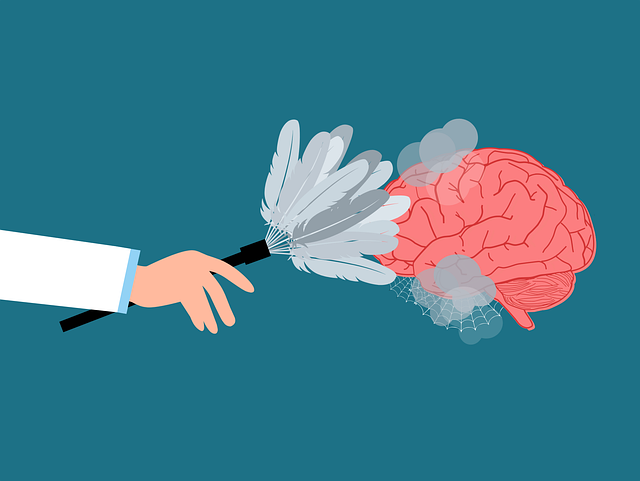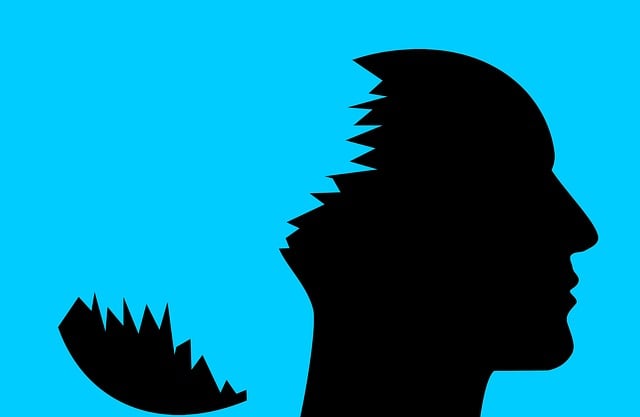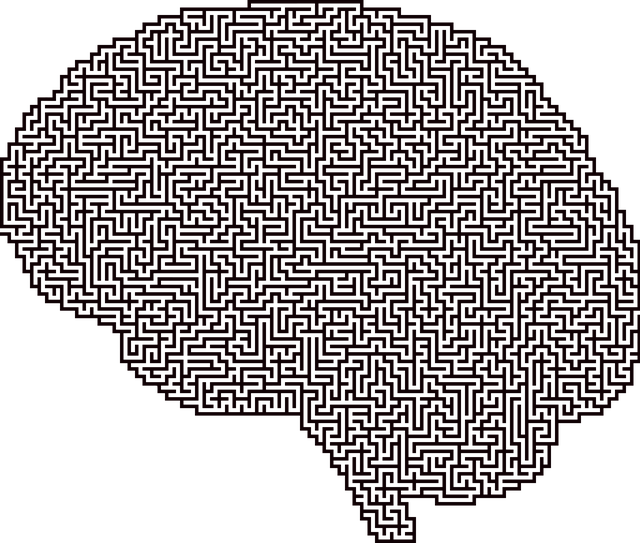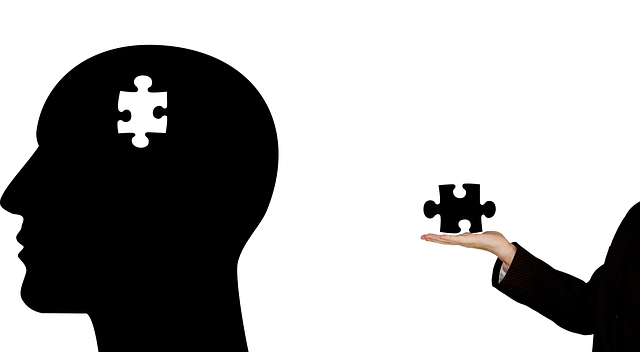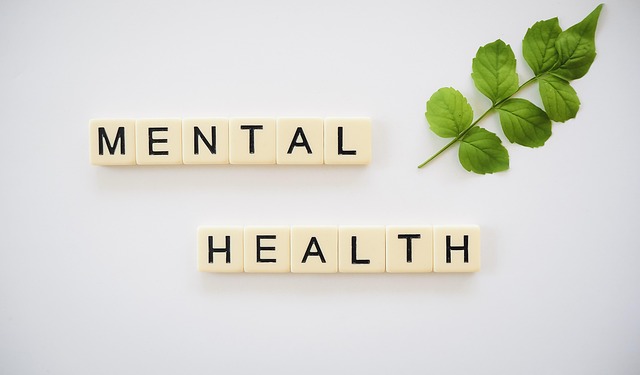The text highlights the untapped potential of the Russian-speaking community in mental wellness, advocating for "Golden Russian Speaking Therapy" through tailored apps. These apps should integrate traditional Russian therapeutic practices with modern psychology, addressing cultural nuances and specific challenges. Key features include guided meditations, culturally relevant coping skills, and language-specific communication tools. Technical robustness, data privacy, AI personalization, and user feedback are essential for effective global mental wellness apps. Marketing strategies should focus on cultural sensitivity, leveraging social media, and collaborating with Russian-speaking therapists to build trust and engage users.
The rise of mental wellness apps has transformed access to therapy, especially within diverse communities. This article explores the development of Golden Russian Speaking Therapy apps, tailored to meet the unique needs of the Russian-speaking population. We delve into key considerations, from understanding cultural nuances and designing effective features to technical best practices and targeted marketing strategies. By 2023, the global mental health app market is projected to grow significantly, highlighting the demand for accessible, culturally sensitive solutions like Golden Russian Speaking Therapy apps.
- Understanding Mental Wellness App Needs in the Russian-Speaking Community
- Designing Effective Features for Golden Russian Speaking Therapy Apps
- Technical Considerations and Development Best Practices
- Marketing Strategies for Successful Launch and User Engagement
Understanding Mental Wellness App Needs in the Russian-Speaking Community

The Russian-speaking community has unique mental wellness needs that often go overlooked. With a rich cultural heritage and diverse linguistic nuances, the development of mental health apps tailored to this specific demographic is a Golden Opportunity for therapists and developers alike. By understanding the unique challenges faced by individuals within this community, app creators can design tools that foster emotional well-being promotion techniques and resilience building.
Cultural sensitivity is key when addressing mental wellness in any language group. Incorporating elements of traditional Russian therapeutic practices alongside modern psychological theories can help create a safe and effective digital experience. Furthermore, promoting inner strength development through app features tailored to the community’s specific needs can have a profound impact on improving overall mental health outcomes for Russian-speaking individuals seeking support.
Designing Effective Features for Golden Russian Speaking Therapy Apps

In designing effective features for Golden Russian Speaking Therapy apps, it’s essential to cater to users’ diverse mental wellness needs while leveraging the unique aspects of the Russian language and culture. Incorporating tools tailored for inner strength development can include guided meditations, affirmations, and reflective exercises that resonate with Russian-speaking audiences, fostering a sense of calm and empowerment. These features should be accessible in both text and audio formats to accommodate different learning styles.
Additionally, apps should offer robust modules focused on coping skills development. This could involve interactive exercises teaching stress management techniques, emotional regulation strategies, and problem-solving methods commonly employed in Russian-speaking communities. Incorporating cultural references and storytelling can enhance engagement and make these coping mechanisms more relatable. Furthermore, integrating communication strategies specific to the Russian language can empower users to express their feelings and seek support effectively within their communities.
Technical Considerations and Development Best Practices

In the realm of mental wellness app development, technical considerations are paramount. As users increasingly seek digital solutions for their psychological well-being, developers must prioritize robust and secure platforms. Incorporating features like encryption for sensitive user data and integrating AI for personalized therapy recommendations enhances user trust and engagement. Furthermore, accessibility should be a cornerstone; ensuring the app is compatible with various devices and supports multiple languages, such as Russian, caters to a broader audience, including those within communities striving to reduce mental illness stigma.
Best practices dictate a user-centric design approach, focusing on intuitiveness and ease of navigation. Incorporating evidence-based therapeutic techniques, like cognitive behavioral therapy (CBT) exercises, can significantly aid in depression prevention and confidence boosting. Regular updates based on user feedback and the latest research ensure the app remains dynamic and relevant. Moreover, fostering a sense of community through anonymous forums or peer support groups can create a safe space for users to share their experiences, thereby amplifying mental wellness initiatives and encouraging proactive engagement.
Marketing Strategies for Successful Launch and User Engagement

When marketing a mental wellness app, especially one targeting the Russian-speaking community, it’s essential to employ strategies that resonate with cultural nuances and promote trust. Targeting specific regions and languages, such as Russia, allows for a more tailored approach. Leveraging social media platforms popular among this demographic, like VKontakte or Odnoklassniki, can be highly effective. Collaborating with influential Russian-speaking mental health advocates or therapists who can vouch for your app’s effectiveness, known as the “Golden Russian Speaking Therapy,” adds credibility and encourages user engagement.
Focusing on the app’s ability to foster empathy and emotional intelligence—key aspects of successful therapy—can attract users seeking support. Implementing strategies that show understanding of cultural barriers and personal struggles within the community is vital. Additionally, promoting any available Healthcare Provider Cultural Competency Training or educational resources related to emotional intelligence can further engage users interested in enhancing their mental wellness journey.
The development of mental wellness apps, particularly tailored to the Golden Russian-speaking community’s unique needs, presents a promising avenue for improving access to therapy. By incorporating targeted features and adhering to best practices in design and marketing, developers can create engaging and effective digital therapeutic tools. This article has outlined essential steps from understanding user requirements to implementing technical solutions and crafting successful marketing strategies. With the right approach, Golden Russian Speaking Therapy apps have the potential to revolutionize mental healthcare accessibility and make a significant impact on individual well-being.
